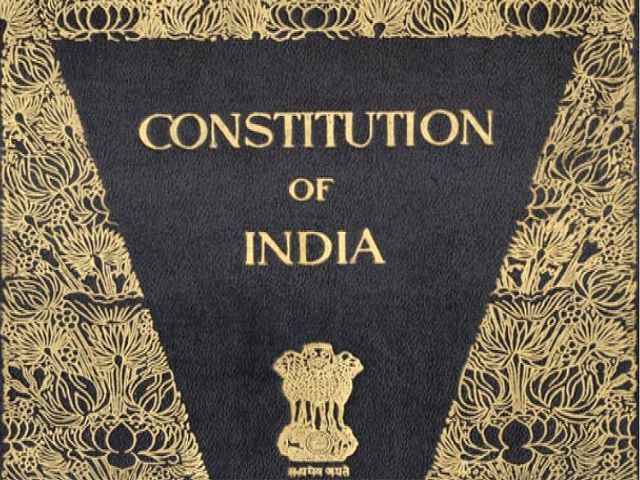Images are subject to copyright
ABOUT THE AUTHOR
Advocate Dr. Rau P S Girwar is an esteemed advocate and has been involved in the field of law since 2010 and has contested cases in the Supreme Court of India and various high courts including the Punjab and Haryana High Court, Delhi High Court, Indore High Court and various district and sessions courts.
He has an excellence and experience in civil, criminal, constitutional and service matters and has a wide range of experiences in various matters including money laundering, narcotic and murder cases.
This article has been written with assistance of his junior Kushaatula Puhanian, who is a second year law-student studying at the Guru Gobind Singh Indraprastha University, New Delhi.
INTRODUCTION
Article 13 is considered one of the most important articles of the Constitution of India, as it provides for the verification of the adoption of the law or serves as the basis for declaring the law constitutional. These articles are governed by various doctrines that help to understand the very nature of article 13 of the Constitution.
The Eclipse doctrine finds its connection with article 13 (1) of the Indian Constitution, which states::
“All laws in force in the territory of India immediately prior to the entry into force of this Constitution, to the extent that they are contrary to the provisions of this part, are invalid to the extent that they are contrary to the provisions of this part.”
The Eclipse doctrine states that: any law that is incompatible with fundamental rights is invalid, but it is not completely unconstitutional, when such a scenario occurs, the law is given the status of inactive for a while, and after the part that is unconstitutional is removed, the law can be applied again.

